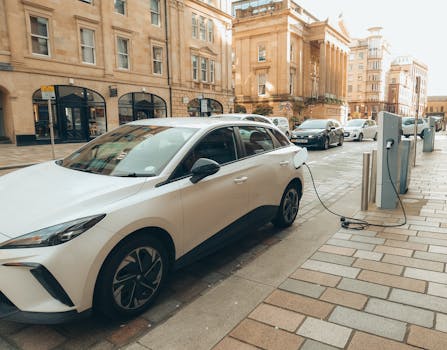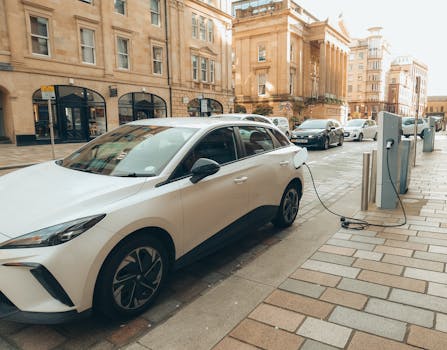
Smart Cities: Urban Trends for 2025
Smart Cities are revolutionizing the way we live, work, and interact with our urban environments. As we approach 2025, it’s essential to explore the latest trends shaping the future of these intelligent cities. Smart Cities are at the forefront of innovation, incorporating sustainable energy, cutting-edge technology, and innovative urban planning to create a better quality of life for citizens.
Section 1: Sustainability and Energy Efficiency

One of the primary focus areas for smart cities in 2025 is sustainability and energy efficiency. Cities are investing heavily in renewable energy sources, such as solar and wind power, to reduce their carbon footprint. Smart Grids are being implemented to manage energy distribution, predict energy demand, and optimize energy consumption. Additionally, cities are promoting Green Transportation systems, including electric and self-driving vehicles, to reduce emissions and congestion.
Section 2: Technology and Innovation

Technology plays a vital role in the development of smart cities. Internet of Things (IoT) devices are being integrated into urban infrastructure to collect data, monitor performance, and optimize services. Artificial Intelligence (AI) is being used to analyze data, predict patterns, and make informed decisions. Furthermore, 5G Networks are being deployed to provide high-speed connectivity, enabling faster communication and data transfer.
Section 3: Urban Planning and Development

Smart cities require innovative urban planning and development strategies. Smart Buildings are being designed with energy efficiency, sustainability, and occupant comfort in mind. Green Spaces are being created to provide recreational areas, reduce urban heat islands, and improve air quality. Moreover, Intelligent Transportation Systems are being implemented to manage traffic flow, reduce congestion, and enhance public transportation.
Section 4: Citizen Engagement and Participation

Citizen engagement and participation are crucial for the success of smart cities. Smart City Platforms are being developed to provide citizens with access to information, services, and participation channels. Participatory Budgeting is being implemented to involve citizens in the decision-making process, ensuring that their needs and priorities are addressed. Additionally, Civic Tech initiatives are being launched to promote transparency, accountability, and civic engagement.
Section 5: Challenges and Opportunities

While smart cities offer numerous benefits, they also present challenges and opportunities. Privacy and Security concerns must be addressed, as the increasing use of IoT devices and data collection raises concerns about data protection. Digital Divide must be bridged, as not all citizens have equal access to technology and digital services. However, smart cities also offer opportunities for Job Creation, Innovation, and Economic Growth, making them an attractive prospect for businesses, investors, and citizens alike.





